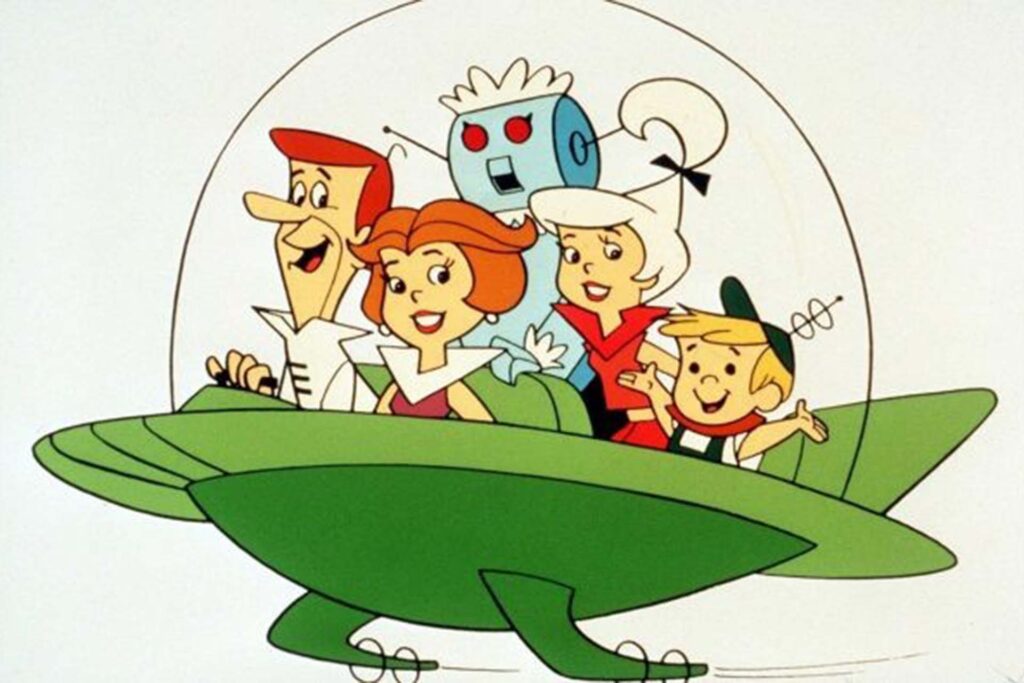One of the elders in my family, a group I will very soon be a member of, used to like to say that the problem with the world today is that people are educated far beyond their intelligence level, a comment that would always bring a bemused grin from an interlocutor as though this was the resigned wisdom of our age. It is of course true that in a world built and run by technology, humans more often than not have access to endless amounts of data and information on almost anything, from Renaissance painting to quantum physics, but that does not of course mean that they actually understand many of the core issues within these or any other category. It has been said, in fact, that the curse of the technological world is that we are doomed to know a little about a lot as opposed to older times when most people knew a lot about a little, often associated with their trade or profession in life. In days of yore, carpenters were not expected to necessarily have any other skill sets, but in the contemporary world, even carpenters need to know how to use a wide range of technology to administer and market their chosen craft. We in fact worship technology today almost in a messianic fashion, a lesson we were taught at a very young age with endless television shows like “The Jetsons” where it was clear that technology was the benevolent savior that would allow us to live long, comfortable, healthy and interesting lives. Today, while most thoughtful people have come to realize the cost associated with this veneration, very few are willing to give it up as it is lodged at the center of our professional and private lives as much as any other factor has been in the history of our species. We have become “homo technologies”, the mammal on the planet that controls his and her universe not with nature and a better understanding of its laws, but rather by having dominion over that nature which we have seen as something to control and profit from.
It would be far too easy to dismiss technology as a necessary evil, but it is like most things in life- far more complex than that and can be used for both good and evil, to give us a better quality of life or to reduce us to mindless consumers like the adorable but intellectually-challenged George Jetson. At the Empire Club of Canada, this was a topic that we began to look at in earnest in the early 1980s when the expression “High-Tech” was now being used in all of the corridors of power, and the business community realized that it was going to prosper or die based on its ability to embrace and effectively harness the enormous power of technology. Numerous speeches throughout that era acknowledged this new reality, while at the same time recognizing that this phenomenon was somewhat addictive and that we had already fully embraced it in our rush to succeed at the altar of progress and success. Here is a quote from a speech entitled “Canada 1986: New Realities”, delivered by the very thoughtful Marie-Josee Drouin on February 13th, 1986 while she was the Executive Director of the renowned Hudson Institute:
“Although we are somewhat enamored with the concept of the high-tech society, it is much more complicated than what the glamourous press reviews often indicate. It is very important that we understand how we approach the process of “creative destruction,” destroying the old to create the new.
This is all the more important if we consider some of the characteristics of the service sector and of high technology. One of the important characteristics is the growth of networking. The scale has taken second place to network. Whereas the symbol of the industrial society was the large integrated steel mill, networking is the key feature of the post-industrial society. Productivity gains are to be found increasingly in the system, rather than in large-scale plant and equipment. Distributed data processing has become the model for organizational structure.”
Technology is one of the most important realities of our times, usually found on the same priority lists as climate change and terrorism, and deserves the full attention of those Canadians who are not content to be like the Jetson family of our childhood and simply consume new technology without understanding some of the complex issues that can either make it a force for good or a mind-numbing race for the top where all of the players are wearing blindfolds.


